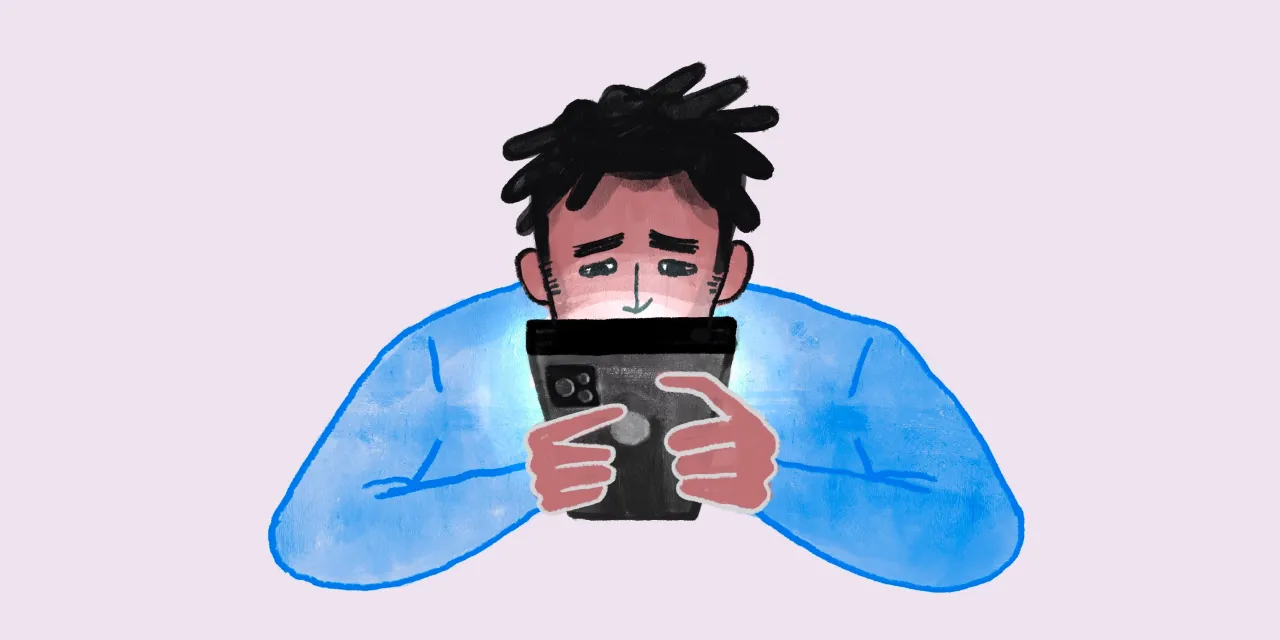Now Reading: Emotional Cheating: The Silent Relationship Breaker We Don’t Talk About Enough
-
01
Emotional Cheating: The Silent Relationship Breaker We Don’t Talk About Enough
Emotional Cheating: The Silent Relationship Breaker We Don’t Talk About Enough

It doesn’t leave lipstick on collars or texts in the trash. Emotional cheating is quiet, subtle, and often overlooked. But ask anyone who’s experienced it, and they’ll tell you—its impact runs just as deep, sometimes deeper, than physical infidelity. In smaller Indian cities, where social circles are tighter and values often more traditional, emotional betrayal can be even harder to confront or explain.
Let’s unpack why emotional cheating can be just as damaging—and why it needs to be taken seriously.
What Is Emotional Cheating, Really?
It’s not just chatting with a friend. Emotional cheating happens when someone starts investing their emotional energy, attention, or affection into someone outside their relationship. It may begin as harmless venting or friendly bonding, but over time, it becomes a connection that rivals—or even replaces—the one they have with their partner.
They start hiding chats, deleting messages, or waiting until their partner sleeps to talk to someone else. There may be no physical contact, but the trust begins to erode.
Why It Hurts Just As Much
One reason emotional cheating feels so heavy is because it breaks the unspoken promise of emotional exclusivity. Most people expect their partner to turn to them first—for comfort, excitement, or even boredom. When someone else becomes the go-to person for emotional support or personal sharing, the bond within the relationship weakens.
This kind of betrayal triggers the same emotions as a physical affair: insecurity, confusion, and the painful feeling of being replaced.
It’s Harder to Spot and Harder to Prove
In cities like Indore, Nagpur, or Jaipur—where community judgments can be swift—many people avoid talking about emotional cheating because it’s harder to define. Without physical proof, it’s often dismissed or downplayed. But that doesn’t make it less real.
A partner may start becoming emotionally distant, seem distracted, or get overly defensive about a “friend.” These small shifts often go unnoticed until the damage is already done.
Social Media Makes It Easier, Not Better
With Instagram DMs, late-night chats on WhatsApp, and “likes” that go deeper than they seem, emotional boundaries have blurred. People now stay emotionally attached to exes, strangers, or coworkers, all while technically staying “faithful.”
In Tier 2 towns, where social reputation matters, people might keep things hidden longer—only worsening the eventual fallout.
What Can Be Done About It?
The first step is recognizing emotional cheating as real. Open conversations about boundaries, transparency, and emotional needs are essential. It’s also important to not label every outside friendship as a threat—trust is key—but when emotional intimacy with someone else starts taking priority, it’s time to check in.
Couples that build emotional safety with each other are less likely to seek it elsewhere.
Conclusion
Emotional cheating doesn’t leave visible scars, but it cuts just as deep. Trust, once cracked, takes time to rebuild—no matter how it was broken. In a relationship, staying emotionally available and honest isn’t just a bonus—it’s the foundation. And without it, even the strongest-looking relationships can quietly fall apart.

























